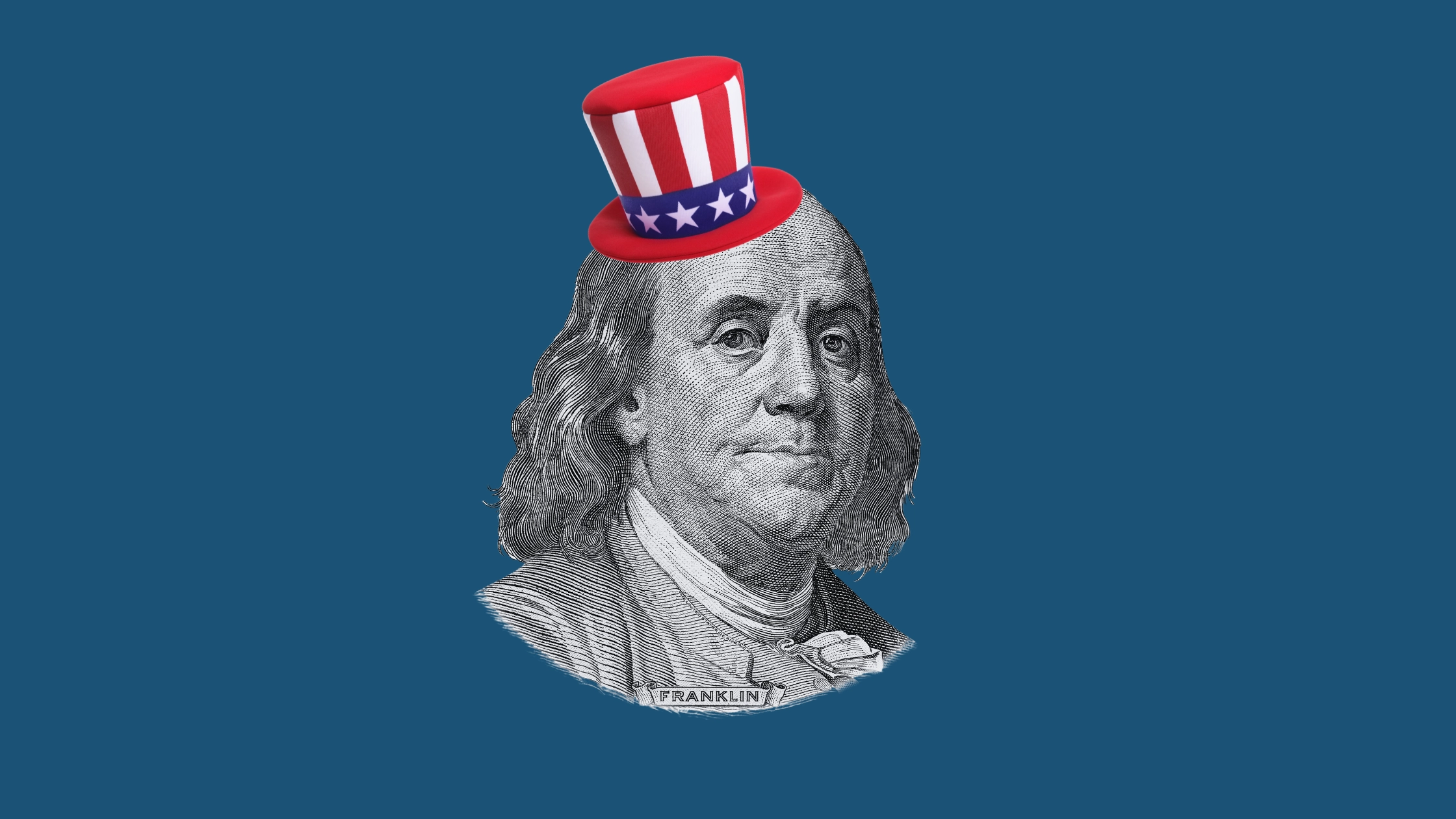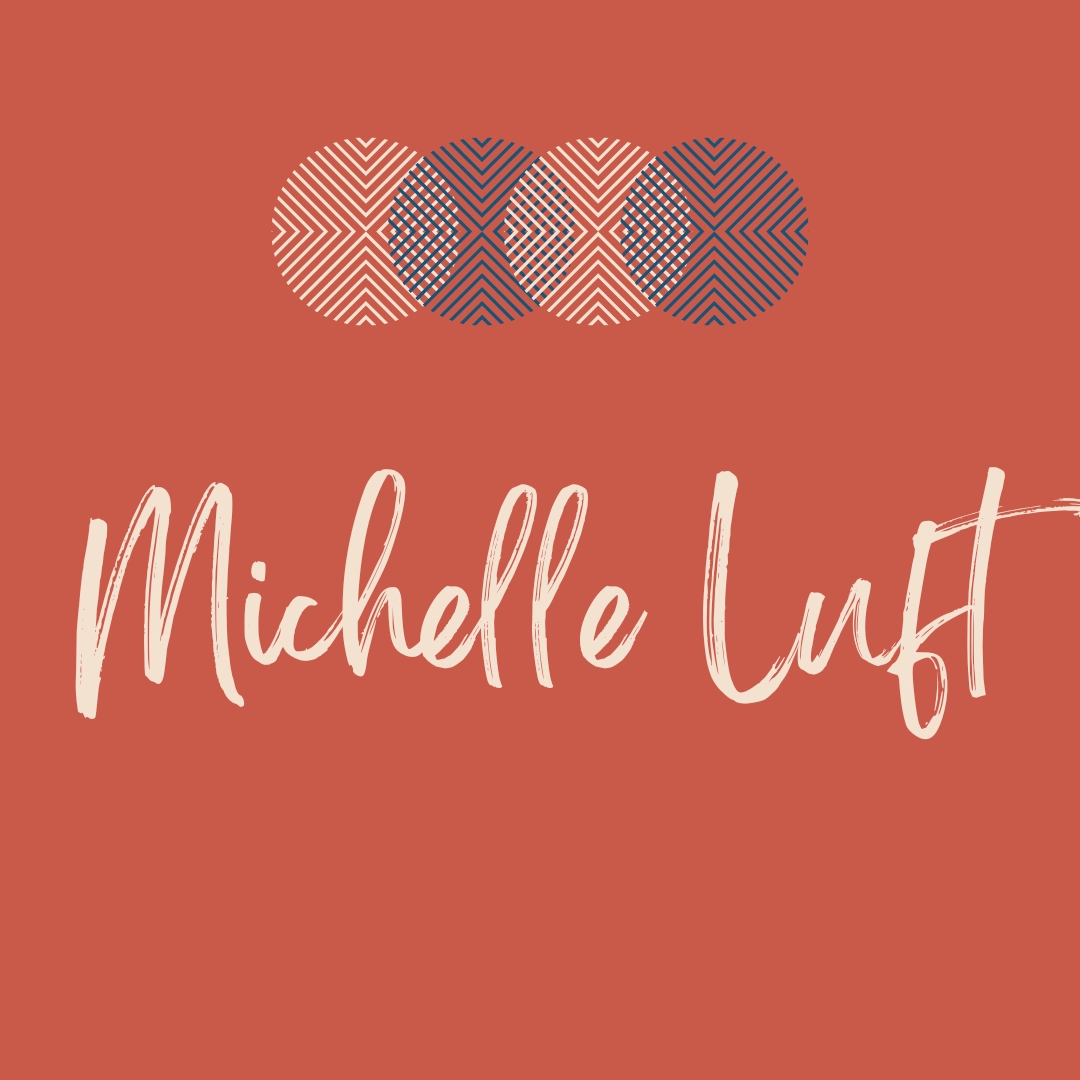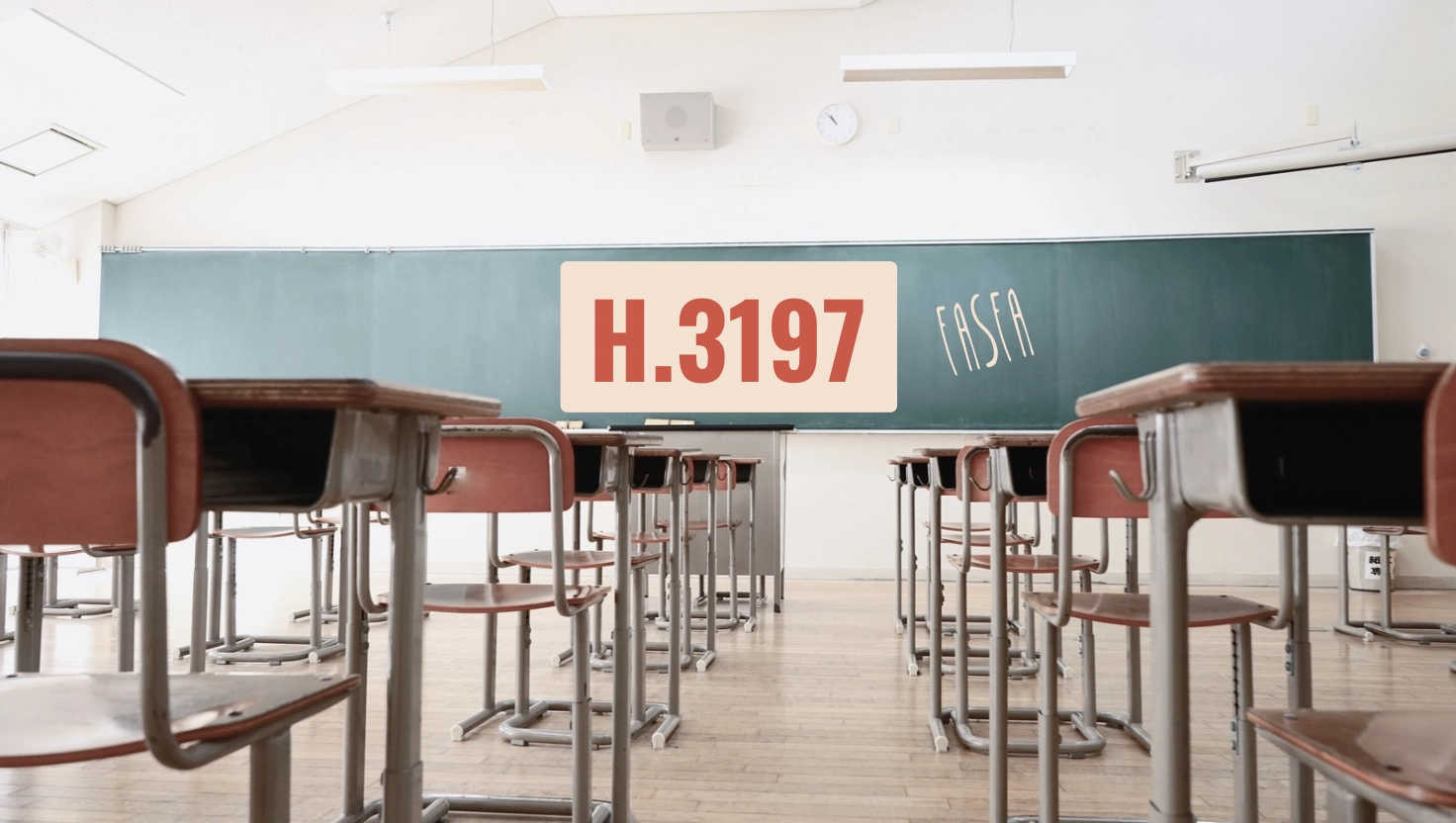Ever read the Federalist Papers? If not, you're missing out on a treasure trove of conservative wisdom that laid the foundation for our Constitution. Remember that amazing document? Yeah, it seems like it doesn’t exist anymore, especially in South Carolina. But anyway, the Federalist Papers were the guiding light for our goals laid out here.
So, let’s have a little chat. Remember when "conservative" actually meant something? Our beloved South Carolina Republican Party has recently decided to flirt with left-leaning ideas, leaving true conservatism in the dust. It’s high time we revisit what conservative principles really are, straight from the horse’s mouth—the founding fathers.
Limited Government: A Dream Long Forgotten
Picture this: a government that doesn’t meddle in every aspect of your life. Sounds like a dream, right? Well, that was the idea the founding fathers had in mind. They weren’t fans of big, intrusive government. James Madison, in Federalist No. 45, emphasized that the powers of the federal government should be "few and defined." They wanted a system where states and individuals had the power to make decisions. Imagine that—a government that trusts its citizens! Boy, was that smart!
Side Comment: More laws equal more government, which contradicts the principle of limited government. The more laws we have, the more government we need to enforce them, and suddenly we're swimming in bureaucracy. Not exactly what Madison had in mind, right?
More Laws Undermine the Rule of Law
The Rule of Law is a conservative principle. What is the Rule of Law? The rule of law, as defined by the Founders of the United States, is the principle that all individuals and government entities are subject to and accountable under the law, which must be clear, accessible, and not overly burdensome.
Federalist No. 62, written by James Madison, warns against the dangers of an overly complex and voluminous body of legislation. He argues that such a system creates uncertainty and instability, making it difficult for people to understand and comply with the law. This complexity erodes the rule of law by breeding ignorance and confusion among both lawmakers and citizens, ultimately undermining public confidence in the legal and political system. Does this sound familiar? Of course, it does. The SC code of laws is a labyrinth of legalese that legislators themselves never read, creating such confusion that these laws are either not enforced or, even worse, expanded into monstrosities that dilute the Constitution.
"It will be of little avail to the people, that the laws are made by men of their own choice, if the laws be so voluminous that they cannot be read, or so incoherent that they cannot be understood; if they be repealed or revised before they are promulgated, or undergo such incessant changes that no man, who knows what the law is today, can guess what it will be tomorrow. Law is defined to be a rule of action; but how can that be a rule, which is little known, and less fixed?" — Federalist No. 62, James Madison.
Individual Freedom: Not Found Under the False Guise of Democracy
Founder Thomas Jefferson, he genuinely believed that freedom was a God-given right. The Declaration of Independence boldly claims that everyone is endowed with "unalienable Rights," including "Life, Liberty, and the pursuit of Happiness." The founders wanted a nation where people could make their own choices without Big Brother breathing down their necks. It’s about time we remembered that liberty means living your life your way, not the government’s way.
Let’s chat about the word Democracy.
We often hear Republicans use the word “Democracy.” Honestly, that is code for "I am a Democrat," because a Republican grounded on true conservative principles knows that a “Democracy” conflicts with individual freedom. The Founders of the United States did not establish a democracy due to concerns about "mob rule," where majority rule led to the oppression of minority rights and instability. Instead, they designed a constitutional republic.
Republicans, repeat this: We are a constitutional republic, not a democracy. Constitutional Republic: In this system, representatives are elected to make decisions on behalf of the people.
“From this view of the subject it may be concluded that a pure democracy, by which I mean a society consisting of a small number of citizens, who assemble and administer the government in person, can admit of no cure for the mischiefs of faction. A common passion or interest will, in almost every case, be felt by a majority of the whole; a communication and concert result from the form of government itself; and there is nothing to check the inducements to sacrifice the weaker party or an obnoxious individual. Hence it is that such democracies have ever been spectacles of turbulence and contention; have ever been found incompatible with personal security or the rights of property; and have in general been as short in their lives as they have been violent in their deaths. Theoretic politicians, who have patronized this species of government, have erroneously supposed that by reducing mankind to a perfect equality in their political rights, they would, at the same time, be perfectly equalized and assimilated in their possessions, their opinions, and their passions.” — Federalist No. 10, James Madison
Free Market: Where Innovation and Individual Choice Rule
The free market is an economic system where prices for goods and services are determined by open competition between private businesses, without undue interference from the government. The founding fathers were all about free markets—long before they were hijacked by the government. Alexander Hamilton's contributions to the Federalist Papers reflect his advocacy for a thriving commercial economy free from unnecessary government interference. Gosh, we need to go back to fostering a free market without the excessive amount of regulations that limit this brilliant conservative principle to thrive and instead foster monopoly systems.
Traditional Values: The Glue That Binds
Now, don’t roll your eyes just yet. Traditional values might sound like something your grandparents preached, but they’re the bedrock of a stable society. George Washington, in his Farewell Address, emphasized the importance of religion and morality as foundational pillars of the nation’s well-being. The founders believed in a moral compass to guide society. These values are important in maintaining a cohesive and ethical community. These values kept children in line and ensured that rights and responsibilities were not hijacked by the government.
Right to Life: Every Life Matters
Talk about a principle that's been debated to death (no pun intended). The founders believed that life was an inherent right, not a privilege. The Declaration of Independence isn’t shy about declaring that everyone has the right to "Life, Liberty, and the pursuit of Happiness." Protecting life from conception to natural death is a fundamental principle rooted in the very creation of our nation. Every life matters, plain and simple.
Let’s face it—the South Carolina Republican Party has lost its way. It’s time that we dive into the Federalist papers and all the founding documents to educate ourselves and our leaders on what conservatism really means. Let’s make these principles popular again. Let’s go back to retraining Republicans on the vocabulary that is accurately grounded in the bedrock of a Constitutional Republic. We need to return to the principles of limited government, individual liberty, free markets, traditional values, the right to life, and the rule of law. These are the keys to a prosperous and free future.
By revisiting and reaffirming these principles, we guide our state—and our nation—back to its rightful place as a beacon of true conservatism. Honoring the wisdom of the Constitution and the spirit of the American people. Let’s stop the drift to the left and steer back to the core values that made us great.
Essential Conservative Vocabulary to Kickstart Your Retraining
Conservative Principles:
The core beliefs emphasizing limited government, individual liberty, free markets, traditional values, and the rule of law.
Limited Government:
A political system where the government’s powers (not the people) are restricted through clearly defined and delegated authorities.
Individual Liberty:
The right for individuals to act freely and make their own choices without excessive government interference.
Free Markets:
An economic system where prices for goods and services are set by open competition among private businesses, with minimal government meddling.
Traditional Values:
The moral and social norms historically upheld by society, often grounded in religious beliefs.
Rule of Law:
The principle that everyone, including government officials, is subject to and accountable under the law.
Constitutional Republic:
A government system where elected representatives govern according to established laws and a written constitution.
Mob Rule:
A scenario where the majority tramples the rights of the minority, leading to chaos and instability.
Federalist Papers:
A series of 85 essays by Alexander Hamilton, James Madison, and John Jay promoting the ratification of the U.S. Constitution and explaining the Founding Fathers' vision.
Democracy:
Code word for "I am a Democrat and I support mob rule." The Founders rejected pure democracy in favor of a constitutional republic to prevent the tyranny of the majority.

Subscribe to ConservaTruth's Email Newsletter for curated insights on South Carolina's legislative activities and conservative viewpoints, delivered straight to your inbox! With vetted and easy-to-understand information, our newsletter empowers you to become an informed and engaged citizen, actively participating in safeguarding our cherished Constitutional values. Don’t miss out on crucial updates—join our community of informed conservatives today!





Comments